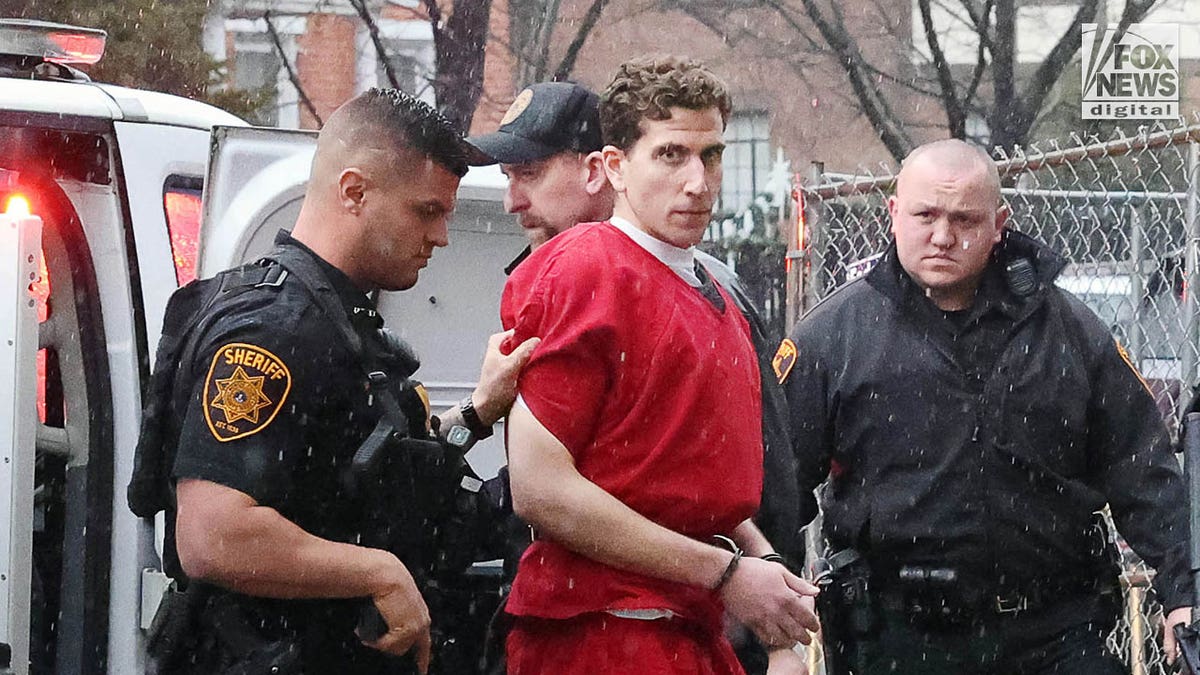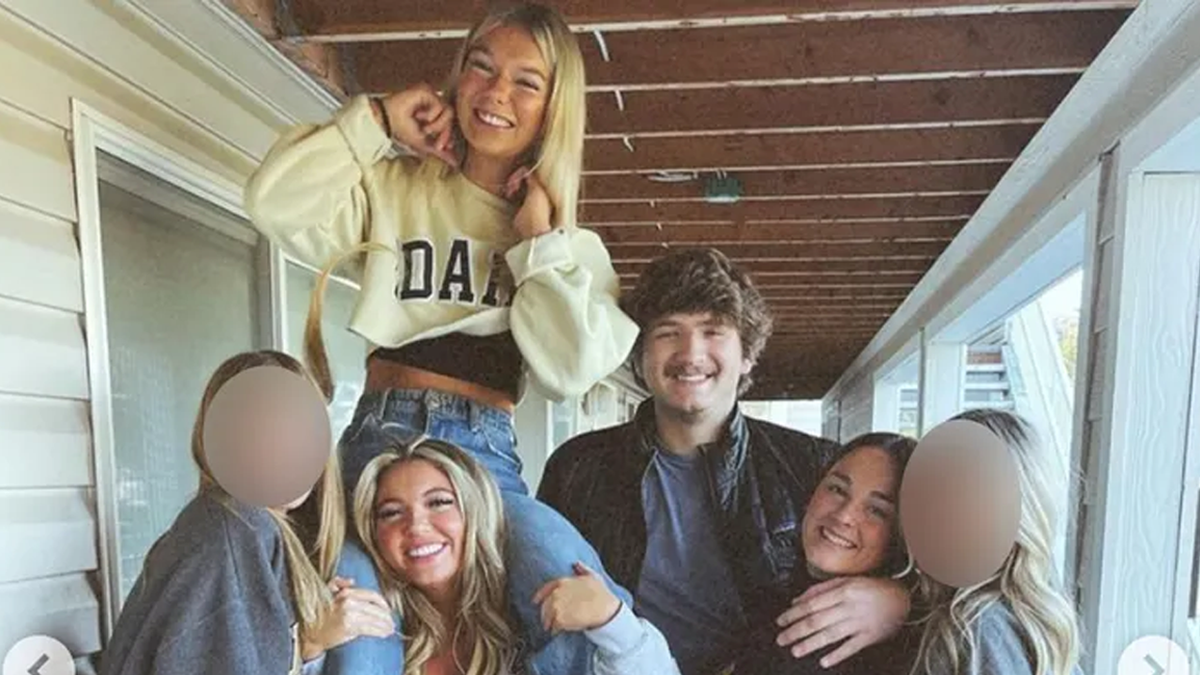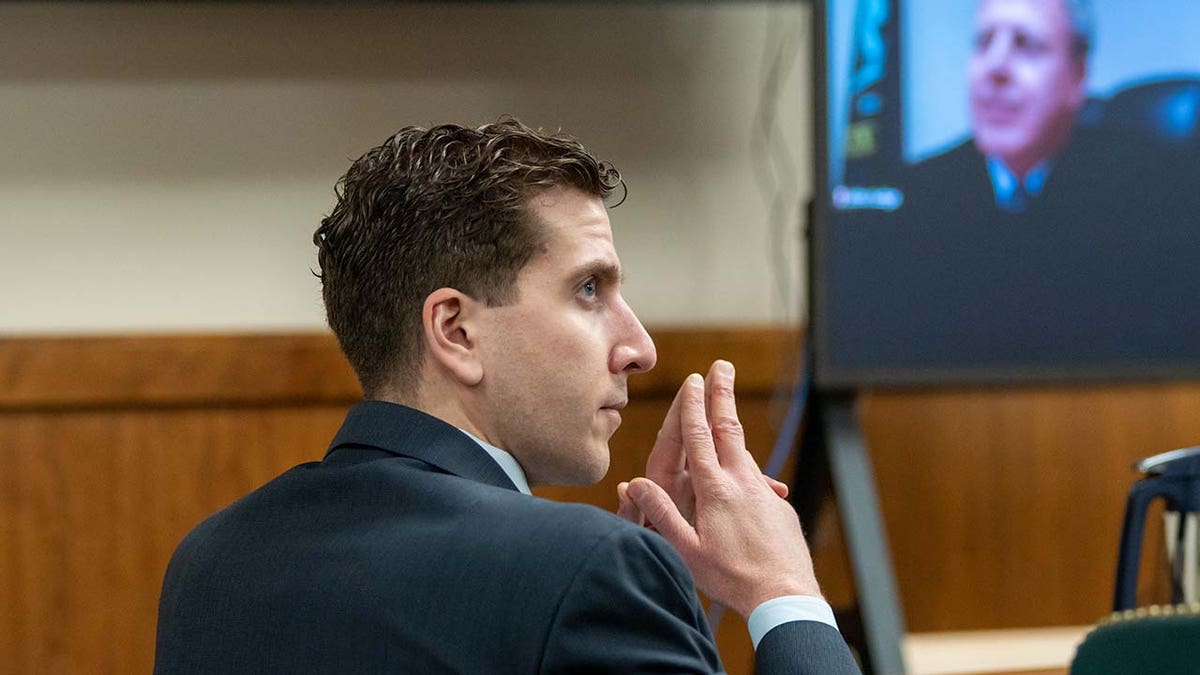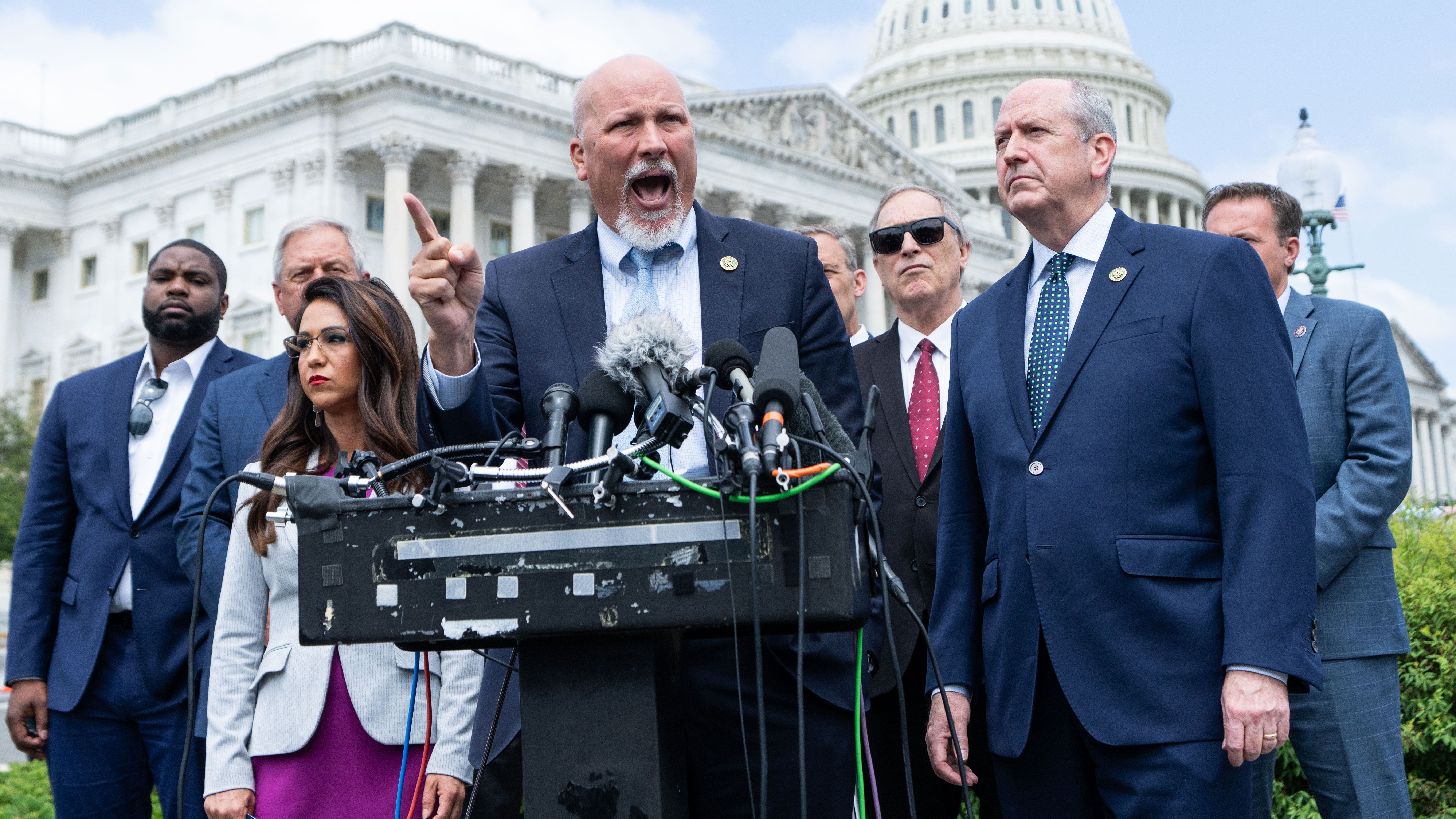A former defense attorney for Ted Bundy has described a “fascinating” parallel between the infamous serial killer’s last act and the charges against University of Idaho student murders suspect Bryan Kohberger – while also revealing he was consulted on the latter but chose not to get involved.
Bundy escaped prison in Colorado – where the death penalty would soon be found unconstitutional – only to head to Florida, commit more murders and wind up on death row.
Bundy then torpedoed his own plea deal, which would have spared him from execution, his former attorney John Henry Browne said. But he found it eerily similar to the charges against Kohberger, a Washington State University Ph.D. student who is accused of driving across state lines into Idaho to commit a quadruple murder.
“Here’s some guy who drives 10 miles from a state where there’s no death penalty, [from] a state where there’s an active mental health defense, to a state where there is no mental health defense, and the death penalty is very active,” he told Fox News Digital. “I think it’s just fascinating to me. I don’t know what to imply from it, but I know the facts are the facts.”
BRYAN KOHBERGER CAN FACE DEATH PENALTY IF CONVICTED IN IDAHO COLLEGE SLAYINGS
Like Bundy’s Florida State University Chi Omega sorority house rampage, Kohberger is accused of attacking four college students hours before sunrise, entering through a back door while at least some of the victims were sleeping.
FOLLOW THE FOX TRUE CRIME TEAM ON X
Browne also told Fox News Digital that prosecutors’ theory about a potential motive, while not required to bring charges, would be of great interest to jurors.
“As the case became clearer and we’re dealing with 30, 40, 50 or more deaths, the motives became pretty clear in Ted’s case – that it was a power struggle, much more so than sex,” he said. “And all of the victims in Ted’s case were not sexually assaulted. A lot of people don’t know that.”
As for Kohberger’s case, prosecutors have revealed little about what his motive might have been.

BRYAN KOHBERGER’S DEFENSE CHALLENGES DNA EVIDENCE, WARRANTS IN IDAHO QUADRUPLE MURDER CASE
“I have no idea what the state’s theory is about why Kohberger chose these people in this house to go kill and leave a knife [sheath] that has DNA on it,” he said.
Latah County Judge John Judge entered not guilty pleas on Kohberger’s behalf during his arraignment in May 2023.
The 30-year-old is accused of fatally stabbing 21-year-old best friends Madison Mogen and Kaylee Goncalves, their housemate Xana Kernodle, 20, and her boyfriend, Ethan Chapin, also 20. The attack took place around 4 a.m. on Nov. 13, 2022, in a six-bedroom house just steps away from the university campus.
LISTEN: Kathy Kleiner Rubin shares her story on the FOX True Crime Podcast with Emily Compagno
SIGN UP TO GET TRUE CRIME NEWSLETTER
If it had happened on the Washington side of the state line, where Kohberger was studying for a Ph.D. in criminology, the suspect would not face the death penalty and could use an “insanity” defense.
It’s not the first time Kohberger’s arrest has been compared to Bundy’s Florida attack. Bundy survivors Karen Pryor and Cheryl Thomas spoke to FOX Nation about their ordeal last year.
Bundy snuck into the Chi Omega house around 3 a.m. on Jan. 15, 1978, entering through the back door. Inside, he bludgeoned the sleeping Margaret Elizabeth Bowman with a club, then strangled her. In the next room, he beat, sexually assaulted and killed Lisa Janet Levy. Before fleeing the scene, he attacked two other young women, Karen Chandler and Kathy Kleiner (now Kathy Kleiner Rubin), who survived.
“He was a coward,” Kleiner Rubin later told Fox News Digital. Bundy had broken her jaw with the club when a late-returning sorority sister’s headlights shone through the window. He fled. She survived.

The best defense? Playing offense
“If I were his lawyers, I would start playing offense – a lot,” Browne told Fox News Digital. “Because you’re not going to get anywhere in a case like this playing nice.”
Kohberger, who had a master’s degree in criminal justice from DeSales University and was trying to get a Ph.D. in criminology at Washington State University, studied under Katherine Ramsland, a leading expert on serial killers who has written articles and books on many of them – including Bundy.
Browne attempted to negotiate a plea deal for Bundy that would have spared him execution – but the serial killer sabotaged it himself and wound up on the electric chair.
Earlier this month, Boise Judge Steven Hippler rejected a dozen of the Kohberger defense team’s motions to strike the death penalty. Capital punishment remains on the table, if he is convicted.

GET REAL TIME UPDATES DIRECTLY ON THE TRUE CRIME HUB
Browne said the defense should continue to aggressively seek to make life for the prosecution as difficult as possible, in order to aggressively attack the case – something Kohberger’s defense team of Anne Taylor, Jay Logsdon and Elisa Massoth has been working on for over a year.
But the defense’s attack plan may have turned off the judge, too. Kohberger’s team turned to a motion for a Franks hearing, which is an attempt to throw out some of the search warrants in the case. However, Hippler told them to re-file it with proper citations after reminding Logsdon it’s not his job to look through the 2,000 pages of attached exhibits to figure out what they’re talking about.

“By way of example, Defendant cites generally to Exhibit D9 for the proposition that law enforcement’s vehicle expert felt more comfortable setting the date range of 2011-2013 for the Elantra,” Hippler wrote. “That exhibit is over one hundred pages of duplicative emails. Defendant does not identify which email supports his proposition. The Court will not do counsel’s job and scour the exhibit to decide what portions defendant must be suggesting supports his assertion.”
Browne said such motions are rarely successful – he’s tried hundreds of cases and only had three work out – but it can cripple the state’s case if it works.
Another item the defense may want to consider is whether to waive Kohberger’s right to be tried before a jury and leave his fate in the hands of the judge.

Even after securing the change in venue from Latah County to Boise, the case is so high-profile that large swaths of potential jurors could have already made up their minds.
“[There] is always a possibility, but not a very good one, and that is that you could waive the jury, and try the case to the judge,” Browne said.
Bundy, represented by a different lawyer at the time, did that in Utah and got a lenient sentence. It didn’t work out for Jose Ibarra, Laken Riley’s killer, who was convicted last week and sentenced to life in prison without parole, the stiffest punishment available because the prosecutor on that case did not seek the death penalty.
But mathematically, Brown believes it can sometimes be to the defendant’s advantage to have a jury.
“All you need to do is convince one out of the 12 there’s reasonable doubt, and then you get a mistrial,” he said. “But then you start all over.”
Kohberger’s re-filed Frank’s motion was due Tuesday but had not yet been made public by the court as of this writing.
His trial is tentatively scheduled to begin next year.
Browne is the author of the book “The Devil’s Defender: My Odyssey Through American Criminal Justice from Ted Bundy to the Kandahar Massacre,” about his experience as a defense attorney representing clients like Bundy, Army Sgt. Robert Bales and the former teen serial hijacker known as the “Barefoot Bandit,” Colton Harris-Moore.
Bundy was a former law student. Kohberger studied criminology and serial killers.
Read the full article here







